In Karachi, Pakistan, a fresh perspective is reshaping history through diverse research methods. Scholars are uncovering marginalized stories and challenging traditional narratives by exploring archives, local folklore, and oral histories. This approach highlights cultural exchange, social transformations, and resilience, offering a more inclusive understanding of the city's complex past and its impact on the nation's history. By critically examining controversies and integrating various sources, researchers are redefining Karachi's historical tapestry.
“Unveiling Hidden Narratives: The Karachi Experience” explores a fresh perspective on historical controversies, delving into events that have long been shrouded in debate. This article reexamines significant historical occurrences through a contemporary lens, challenging conventional interpretations. By examining the case of Karachi, we uncover alternative narratives and encourage critical thinking about controversial histories. Through strategic revisions, we strive to rediscover and present a more inclusive past, fostering a deeper understanding of our shared heritage.”
- Unveiling Hidden Narratives: The Karachi Experience
- Reexamining Historical Events through a New Lens
- Controversial Interpretations: A Call for Critical Thinking
- Rediscovering the Past: Strategies for Revising History
Unveiling Hidden Narratives: The Karachi Experience

In the vibrant city of Karachi, a rich historical tapestry unfolds, revealing hidden narratives that challenge conventional accounts. This coastal metropolis, with its bustling streets and diverse communities, has been a crucible for events that shaped Pakistan’s history. By exploring the experiences of everyday folks and unearthing forgotten stories, scholars are painting a more nuanced picture of the past. The traditional narrative often focuses on political figures and large-scale events, but delving into the lives of Karachi’s residents provides a game-changing perspective.
Karachi’s historical landscape is not just about political rivalries or colonial rule; it’s also about resilience, cultural exchange, and social transformations. Through oral histories and archaeological discoveries, researchers are uncovering the daily struggles and triumphs of its inhabitants. This process allows us to recognize the indelible impact of historical events on ordinary lives, offering a more inclusive and comprehensive understanding of Karachi’s role in the nation’s history.
Reexamining Historical Events through a New Lens

In recent years, there has been a growing recognition that our understanding of history is not set in stone. As new perspectives emerge, scholars and historians are reexamining long-held beliefs and controversially revisiting historical events, including those from vibrant cities like Karachi. This fresh approach involves delving deeper into the complexities of the past, considering diverse sources, and listening to previously marginalized voices. By applying this lens, researchers can uncover hidden narratives, challenge conventional interpretations, and gain a more nuanced grasp of historical dynamics in places such as Karachi, where social, cultural, and political changes have been both profound and contentious.
Controversial Interpretations: A Call for Critical Thinking

Historical controversies often arise from differing interpretations, where subjective views can shape our understanding of past events, especially in cities like Karachi, with rich cultural diversity and complex narratives. These interpretations are not merely academic; they influence how societies remember and reconcile their history. A close examination of these controversies demands critical thinking, encouraging us to explore alternative perspectives and consider the context behind historical accounts.
By engaging in this process, we can uncover hidden stories and challenges that may have been marginalized or overlooked. It involves questioning assumptions, evaluating evidence, and recognizing the impact of power dynamics on historical recording. In Karachi’s case, for instance, understanding a variety of viewpoints could shed light on the city’s diverse cultural heritage and complex social transformations over time.
Rediscovering the Past: Strategies for Revising History

In the pursuit of a more nuanced understanding, historians and scholars in Karachi, Pakistan, have undertaken a remarkable journey of rediscovery. This involves re-examining historical narratives through diverse lenses, unearthing forgotten stories, and challenging conventional interpretations. By delving into archives, local folklore, and community memories, they are revising history with fresh perspectives.
One key strategy is the integration of oral histories, which provide a vibrant contrast to written records. These personal accounts from ancestors and locals offer insights into events often overlooked in traditional historiography. For instance, stories passed down through generations in Karachi’s diverse neighborhoods can shed light on social dynamics, cultural shifts, and community resilience during pivotal historical periods, enriching the tapestry of the city’s past.
By re-examining historical events and embracing diverse narratives, such as the exploration of Karachi’s past, we can uncover new perspectives that challenge traditional interpretations. This article has highlighted the importance of critical thinking in addressing controversial histories and has offered strategies to redescover and revise the past. Through these approaches, we can create a more inclusive and nuanced understanding of history, ensuring that the voices and experiences of various communities are not only heard but also shape our collective memory.

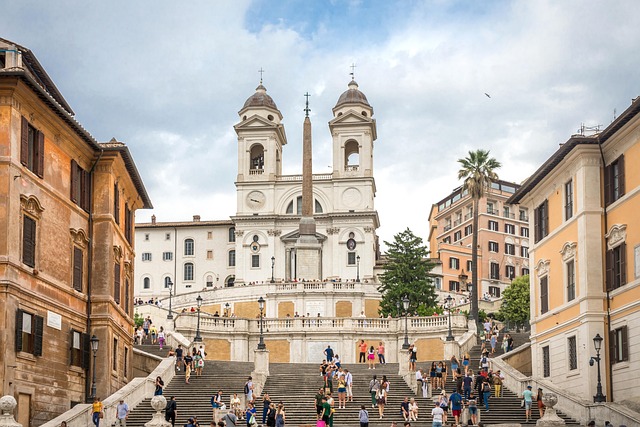
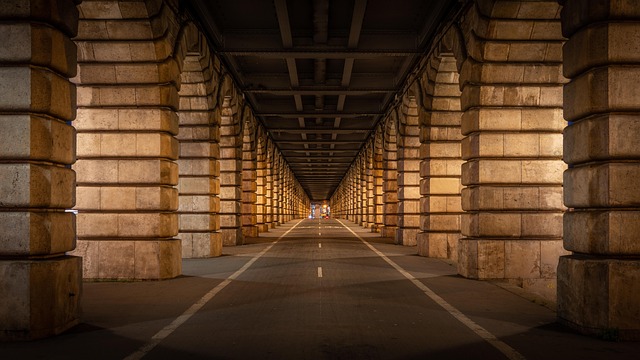
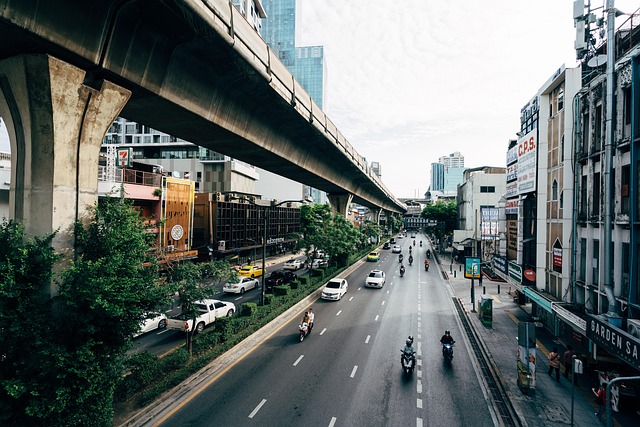
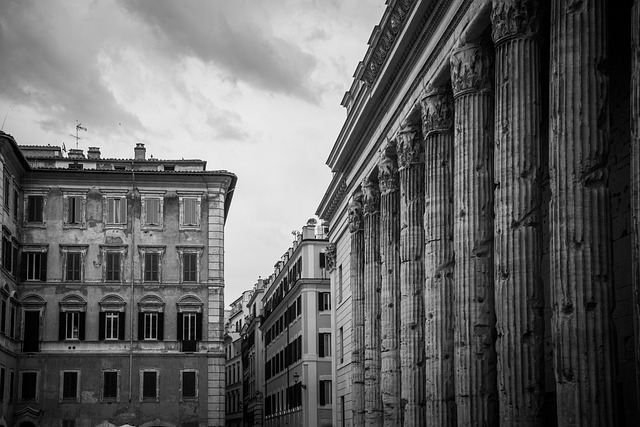
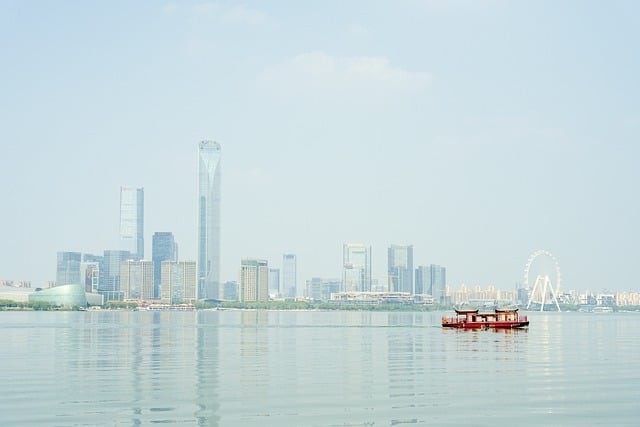

Leave a Reply